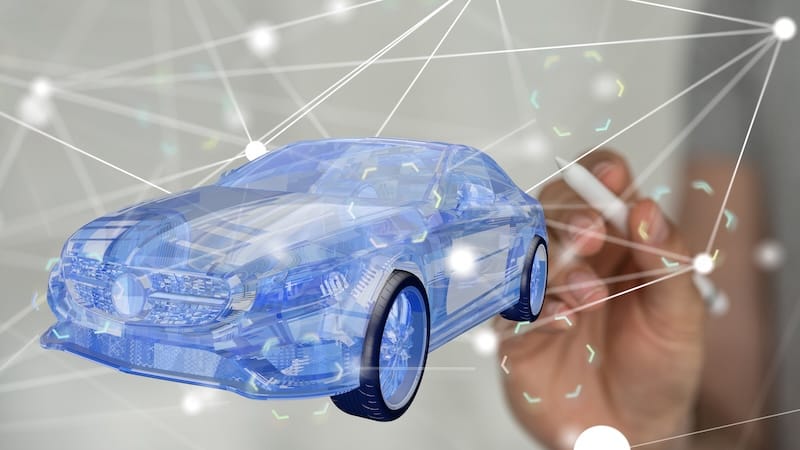
When the car becomes a data protection nightmare: In Australia, numerous car brands collect driver data, including braking patterns or data from voice recognition. But while collecting data in cars seems rather questionable, the manufacturers are not violating the law.
As the world becomes increasingly interconnected, the issue of data protection is also becoming more and more important. But in Australia the legislation is apparently still lagging behind.
As the Australian consumer protection organization Choice found out in a study, most well-known car brands in Australia collect a lot of driver data – and therefore do not violate applicable law.
When the car becomes a data octopus
Collecting data in a car is not difficult these days. Because more and more sensors or microphones are being installed here. Some of these are even connected to the Internet, which makes transferring the data much easier.
The consumer protection organization Choice examined the ten most popular car brands in Australia and their data protection policies. It should be determined in what form the drivers are monitored and what happens with this data.
“We found that seven out of 10 of these car brands have privacy policies in place that allow them to track driver data and driving habits and sell that data to third parties,” Choice investigative reporter Jarni Blakkarly told the Australian broadcaster ABC.
According to Choice research, this driver data includes, for example, voice recognition data from inside the vehicle. For example, the manufacturers Kia and Hyundai, which belong to a parent company, sell this data to companies that train AI systems.
“We think that the average Hyundai driver and the average Kia driver have no idea that this is happening when they buy their car,” Blakkarly says. “They haven’t actually consented to their voice being used to train AI models.”
Tesla is also doing particularly poorly
In addition to Hyundai and Kia, Tesla also performed particularly poorly in the study. The US company collects, among other things, images and videos from the interior and exterior cameras of the vehicles. Tesla employees were also caught exchanging camera footage of Tesla customers skinny dipping and images of traffic accidents with each other.
This is made possible by the manufacturer's very vague data protection regulations, as Blakkarly explains. The videos and images collected by Tesla could also be passed on to third parties.
Other car manufacturers also collect and pass on data, as Choice's research shows:
- Tesla: Collects voice and video data and shares some data with third parties
- Hyundai: Collects and shares voice recognition and other data with third parties
- Kia: Collects and shares voice recognition and other data with third parties
- Mazda: Collects and shares driving data and “voice consumption” data
- MG: Collects driver data, unclear whether this is shared
- Ford: Collects and shares driver data, but not biometric data
- Toyota: Collects and shares driver data, including driver behavior and vehicle location, but not biometric data
- Isuzu Ute: Does not collect or share driver data in Australia
- Subaru: Does not collect or share driver information in Australia
- Mitsubishi: Does not collect or share driver data in Australia
In addition to biometric data as well as voice and video data, driving behavior is also interesting for manufacturers. Among other things, the drivers’ acceleration, braking and cornering behavior would be tracked here.
According to their data protection guidelines, the manufacturers would then also have the option of passing on this data to insurance companies, for example, as Blakkarly explains. There is no evidence of this yet, but “it is certainly something we could see in the not too distant future.”
Also interesting:
Source: https://www.basicthinking.de/blog/2024/10/15/daten-auto-australien/


